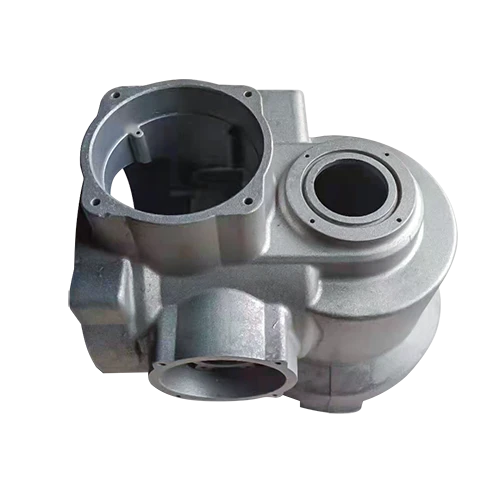Mobile:+86-311-808-126-83
Email:info@ydcastings.com
English
Metal Pipe End Caps for Secure Sealing and Protection in Pipe Systems
The Importance of Metal Pipe End Caps in Various Industries
Metal pipe end caps play a critical role in various industries by providing vital functions like sealing, protecting, and finishing the ends of pipes. These caps are used in a myriad of applications, ranging from construction and plumbing to oil and gas, food and beverage, and even aerospace. Understanding the significance and utility of metal pipe end caps can help industries optimize their processes and ensure safety.
Purpose and Functionality
The primary purpose of metal pipe end caps is to seal the ends of pipes, which prevents the entry of contaminants and protects the internal material from external elements. This is especially important in industries where pipes transport liquids or gases. For instance, in the oil and gas sector, end caps help maintain the integrity of pipelines, preventing spills and ensuring compliance with regulatory standards.
Additionally, pipe end caps serve a protective function. They shield the pipe ends from physical damage during storage and transportation. By protecting against impacts, corrosion, and environmental factors, these caps prolong the life of the pipes, reducing the need for frequent replacements and maintenance.
Material Selection
Metal pipe end caps are typically made from a variety of materials, including stainless steel, carbon steel, and aluminum. The choice of material depends on the intended application and the conditions to which the caps will be exposed. For example, stainless steel end caps are highly resistant to corrosion and are ideal for use in industries that deal with corrosive substances, such as chemical manufacturing. Conversely, carbon steel caps are often used in applications where strength is a priority but corrosion resistance is less critical.
metal pipe end caps

Types of Metal Pipe End Caps
There are several types of metal pipe end caps, each designed for specific applications. The most common types include threaded, welded, and slip-on caps. Threaded end caps allow for easy installation and removal, making them ideal for applications where frequent access to the pipe is necessary. Welded caps provide a more permanent solution and are commonly used in high-pressure systems. Slip-on caps are easy to install and require minimal labor, making them cost-effective for many applications.
Installation and Maintenance
Installing metal pipe end caps is a straightforward process, but it requires careful attention to detail to ensure a proper seal. Depending on the type of cap, installation may involve threading, welding, or simply sliding the cap over the pipe's end. It's essential to ensure that the caps are compatible with the pipe size and material to avoid any leaks or failures.
Regular maintenance of metal pipe end caps is also necessary, especially in environments that expose them to harsh conditions. Inspecting the caps for signs of wear, corrosion, or damage can prevent potential failures, ensuring the ongoing safety and efficiency of the piping system.
Conclusion
In summary, metal pipe end caps are indispensable components across various industries, providing essential sealing, protection, and durability for piping systems. Their ability to prevent contamination, protect against physical damage, and enhance the longevity of pipes makes them critical for maintaining operational efficiency and safety. As industries continue to evolve and adopt more sophisticated technologies and processes, the importance of high-quality metal pipe end caps will only grow, emphasizing the need for careful selection and maintenance of these vital components.
-
Premium Fan Housing & Motor Casing for Optimal AirflowNewsAug.31,2025
-
High-Performance Automobile Water Pump & Electric SolutionsNewsAug.30,2025
-
Expert Stainless Steel Casting | Precision & Durable Metal PartsNewsAug.29,2025
-
Precision Metal Castings: Aluminum, Stainless Steel & Die CastingNewsAug.28,2025
-
Superior Aluminum Castings in Automotive Engine PartsNewsAug.22,2025
-
Common Materials Used in Fan Housing ManufacturingNewsAug.22,2025











